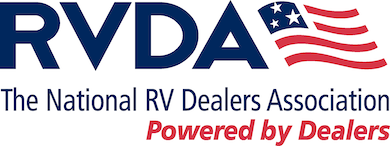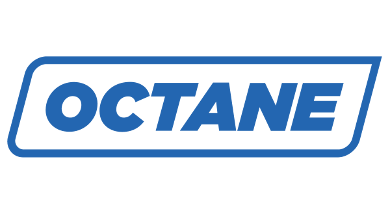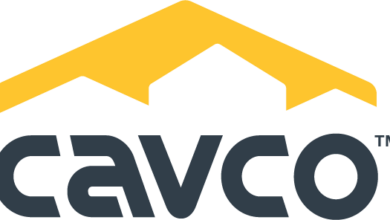Blog: F&I Menus Lead to Smooth Sailing
 Tom Kline
Tom KlineOcean sailing paradigms have something to teach the RV business: Know what is uncomfortable and know whatis life-threatening.
I’ve experienced 40-foot waves in a 43-foot production sailboat. Exhausting, awe-inspiring, exhilarating, and amazing are a few words describing the experience. I was very uncomfortable but at no time was I afraid for my life.
So, what does sailing have to do with the RV business? If your F&I managers are not using menus, then your business may be in big danger, even life-threatening. If you are not using an F&I menu, you should start today.
A menu is a two-page document that has disclaimers and details about what products you offer, their price, and the salient details of the sale.
Why do you need a menu? First, it is proof that you have offered all products to all customers. If the customer cannot qualify to finance the product with their loan, then offer them the product for “cash,” which includes the customer paying by credit card or other means. This eliminates claims that you discriminated against the customer for any reason and in any way.
The menu should disclose the base selling price and base payment with no products added. This eliminates claims of “product stuffing,” where the payment quoted may include a warranty, for example. This is an illegal business practice.
There are two pages to the menu. The first page details everything that the customer could buy. The second page indicates what the customer did buy. There should be a time coding on both pages indicating what time the page was printed. For a full presentation of products there should be at least a minimum of five minutes from printing the first page to the completion of the second page.
To stay compliant, follow these rules on the menu:
- The selling price needs to be listed.
- The selling price also needs to match the cash price listed on the buyers order and the retail installment sales contract (RISC).
- The terms need to be listed.
- The terms need to match what is listed on the RISC.
- The interest rate needs to be listed.
- The interest rate also needs to match what is listed on the RISC.
- The base payment needs to be listed.
- The base payment should match the worksheet.
- The worksheet should match the base payment within about $5.
- Clearly set forth the price of each product on both pages 1 and 2, whether or not the customer buys anything.
- Both pages on the menu should be printed on the same day.
When an upset or disgruntled customer goes to a lawyer or regulator, (and it will happen!), the menu will be your first line of defense. Otherwise, sophisticated attorneys know how to craft allegations that you cannot defend against or “prove” without a menu.
It’s a good thing if you are made a little uncomfortable by reading this article. Please don’t make the life-threatening decision to omit menus from your daily F&I business practices. You want to run your business with “fair winds and following seas,” which provides the best and smoothest ride.
But if you make the wrong choice, then expect stormy conditions ahead!
Tom Kline, a former dealership owner with 30 years of experience, specializes in solving dealership problems through risk mitigation remedies, compliance and dealership dispute resolution. Kline is lead consultant and founder of Better Vantage Point and has worked with publicly held and private dealerships. Kline is an Endorsed Expert for the RVDA, VIADA, CIADA, and Dealership Marketing Magazine.


